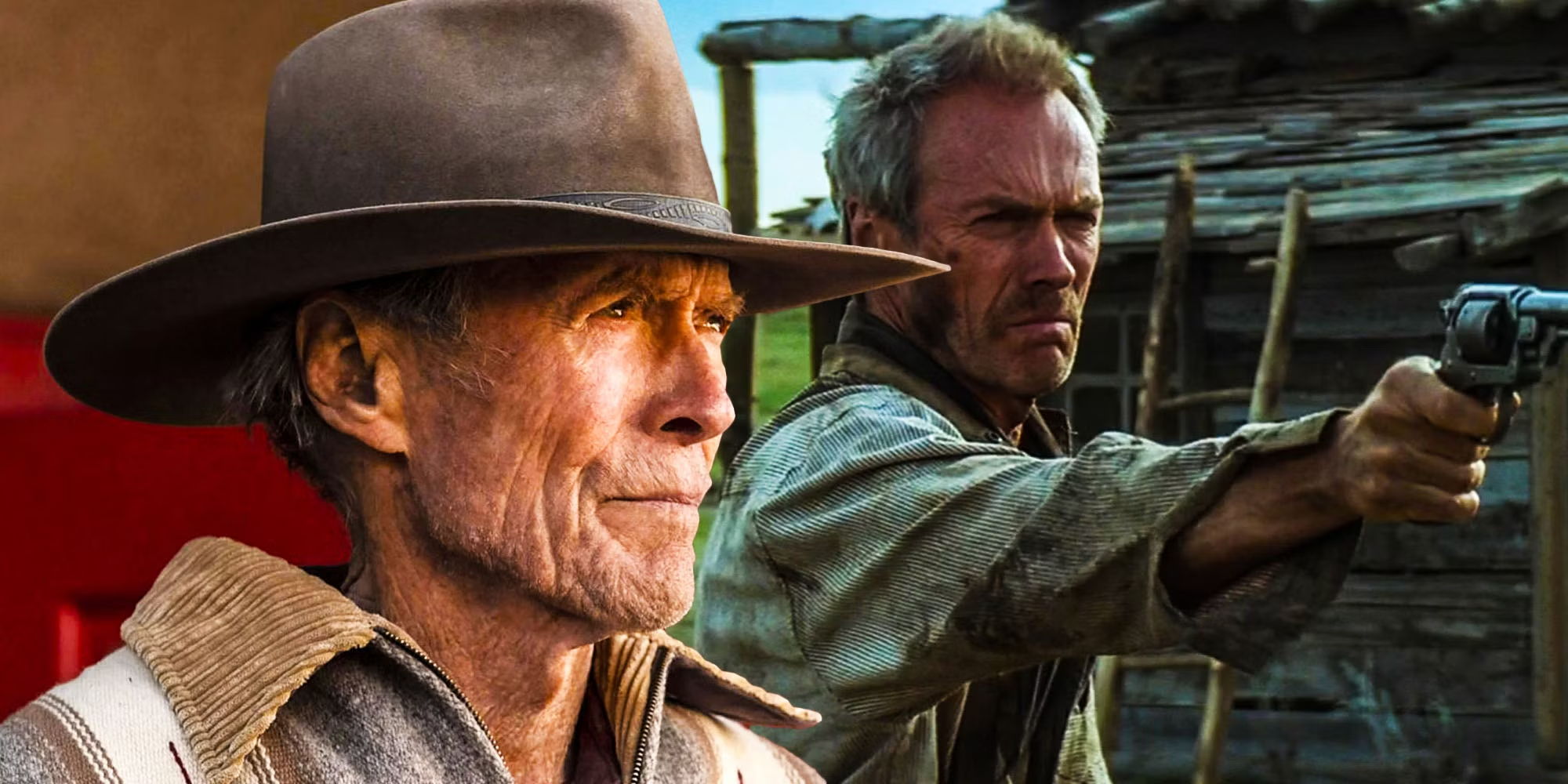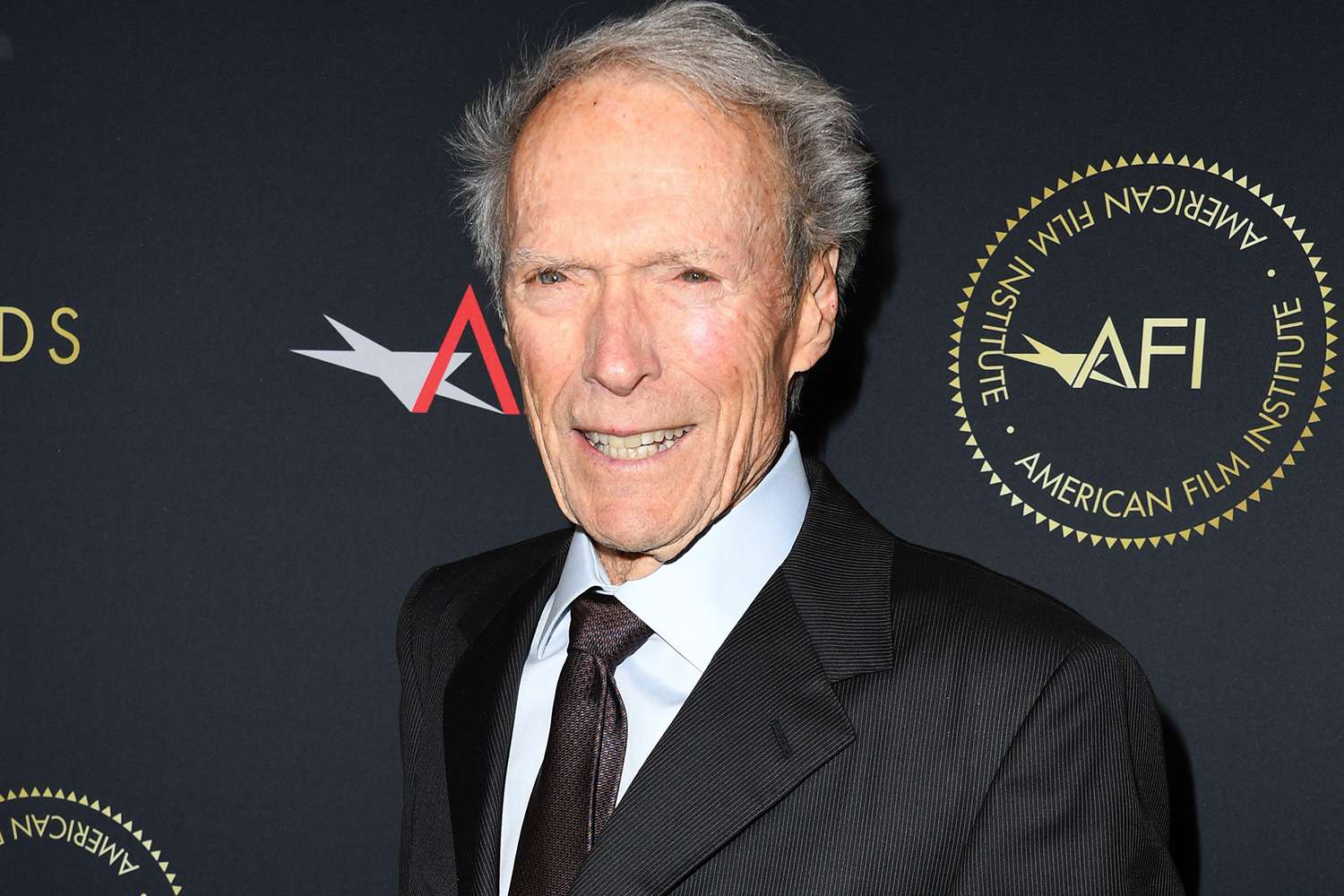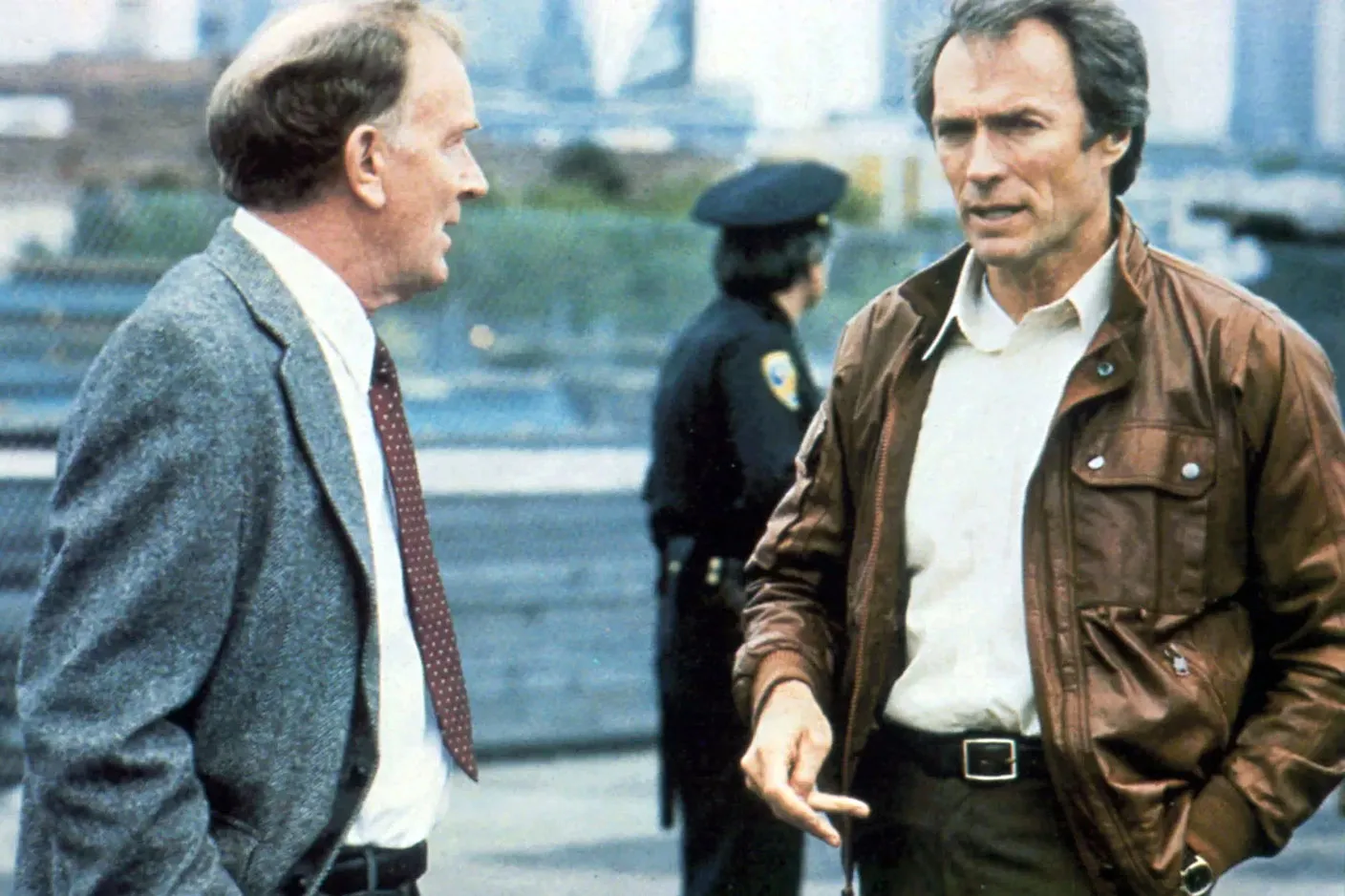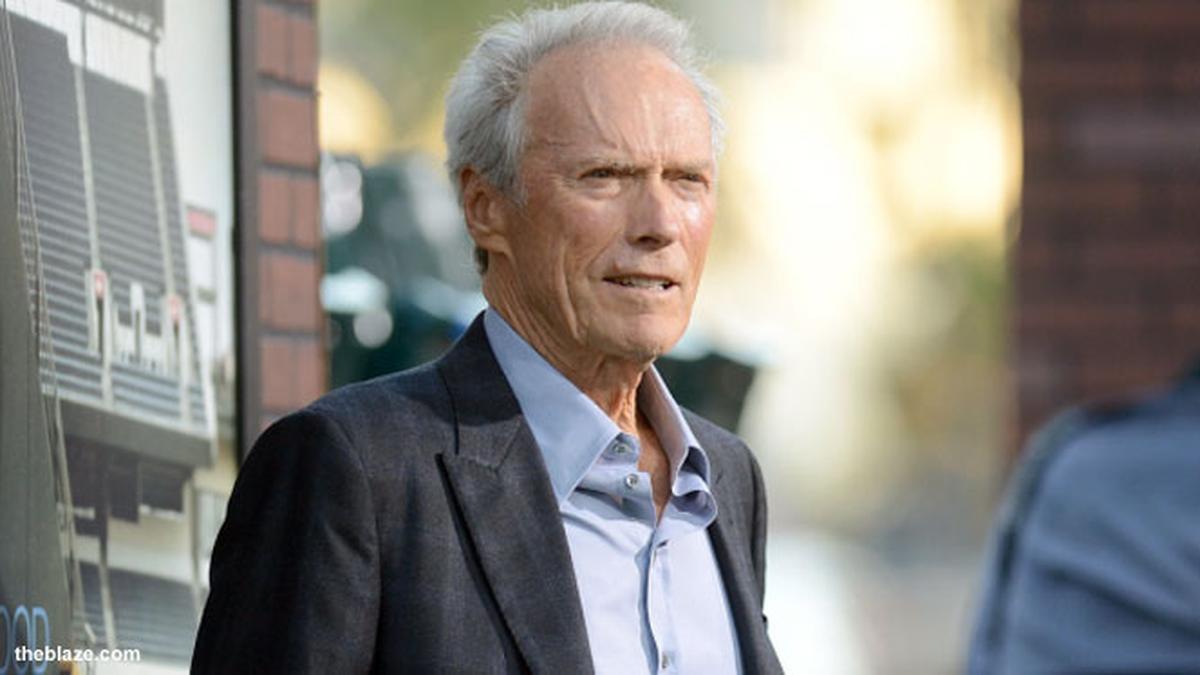Clint Eastwood, a titan of the film industry renowned for his indelible mark on the Western genre, made a pivotal decision during the editing of his 1992 Oscar-winning film, “Unforgiven.” Known for both his stoic performances and incisive directorial prowess, Eastwood altered the film’s original ending, which shared resemblances with the iconic conclusion of “The Godfather.” This choice not only distinguished “Unforgiven” but also helped secure its success, earning $159 million at the box office against a modest $14 million budget.
“Unforgiven” is celebrated for its nuanced exploration of themes like violence, redemption, and the burdens of past sins. Eastwood’s character, William Munny, a retired gunman drawn back into the shadows for one final bounty, embodies a complex blend of remorse and inevitable violence. The film’s climax, which was supposed to mirror the quiet tension of “The Godfather’s” ending, saw Munny conflicted about his violent actions, a detail that screenwriter David Webb Peoples believed added depth to the character. Peoples shared with Yahoo! that the original scene portrayed Munny’s return home, where he lies to his children, denying his violent deeds.

What’s good about that scene is that it means that the killings aren’t triumphant,” Peoples explained.
Despite the scene’s potential impact, Eastwood decided to cut it, feeling it extended the film unnecessarily.
He said he thought that it was a beat too many, and he wasn’t going to use it,” Peoples recounted.
This editorial choice was driven by Eastwood’s sharp sense of drama and pacing, which he believed should not overstretch the narrative beyond its natural conclusion.
Clint Eastwood’s Unseen Vision: Will We Ever See the Original Ending?
The absence of this original ending from any subsequent DVD releases adds a layer of mystery and exclusivity to “Unforgiven.” Peoples lamented,

I don’t know what’s happened to it. I don’t know if it’s something Clint would want to re-release or put on a reel or something. Either way, it’s done.
This sentiment reflects a bittersweet acceptance of creative decisions that, while difficult, are often necessary in crafting a film’s final, impactful message.

“Unforgiven” remains a critical and commercial triumph, significantly attributed to Eastwood’s keen editorial decisions. It stands as a testament to the director’s ability to weave complex narratives that challenge the traditional contours of the Western film. As Eastwood continues to direct at the age of 94, his legacy is punctuated not just by the films he has made but by the unseen choices that have shaped them. The curiosity surrounding the original ending of “Unforgiven” may never be satiated, preserving a piece of cinematic lore that underscores the unpredictable artistry of filmmaking.

